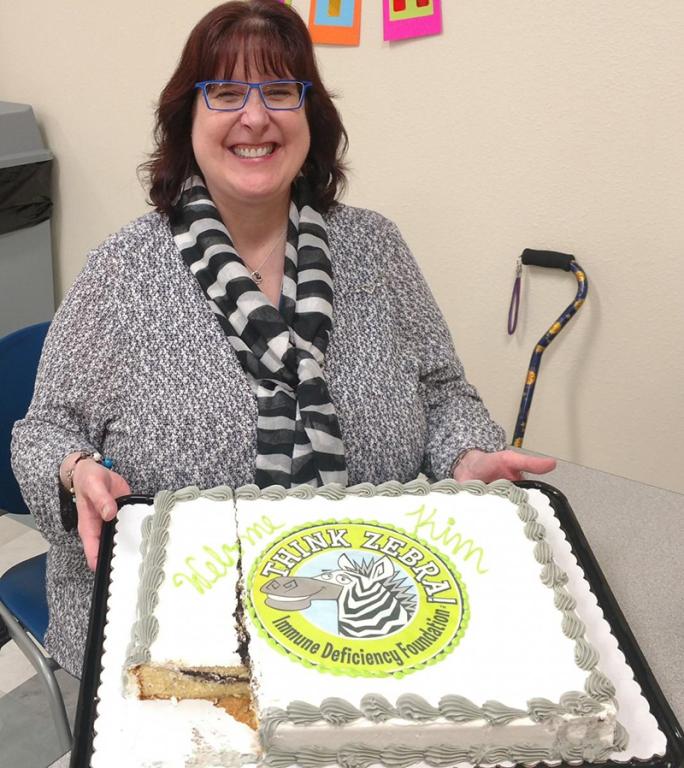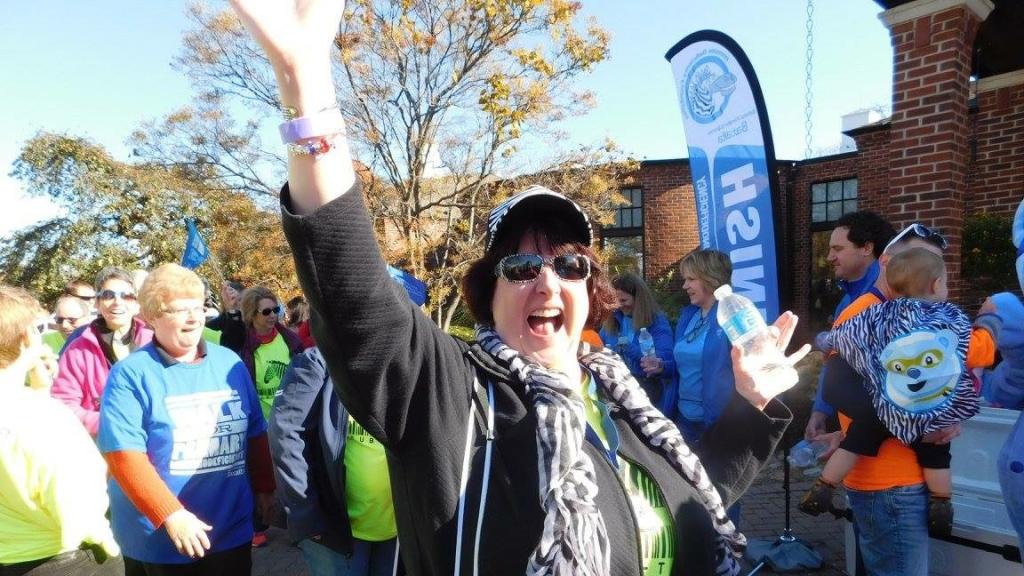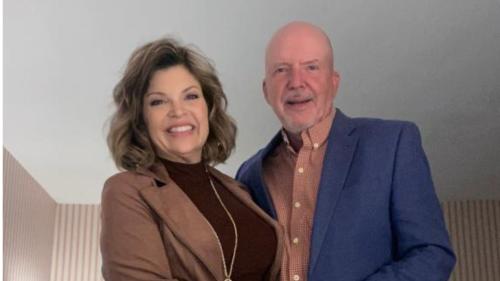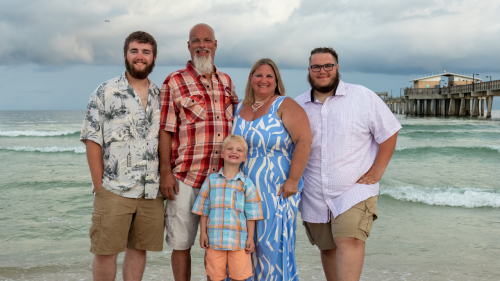
-
Understanding primary immunodeficiency (PI)

Understanding PI
The more you understand about primary immunodeficiency (PI), the better you can live with the disease or support others in your life with PI. Learn more about PI, including the various diagnoses and treatment options.
-
Living with PI
-
Addressing mental health
-
Explaining your diagnosis
- General care
- Get support
- For parents and guardians
-
Managing workplace issues
- Navigating insurance
-
Traveling safely

Living with PI
Living with primary immunodeficiency (PI) can be challenging, but you’re not alone—many people with PI lead full and active lives. With the right support and resources, you can, too.
-
Addressing mental health
-
Get involved

Get involved
Be a hero for those with PI. Change lives by promoting primary immunodeficiency (PI) awareness and taking action in your community through advocacy, donating, volunteering, or fundraising.
-
Advancing research and clinical care
-
Grants
-
IDF surveys
-
Participating in clinical trials
-
Diagnosing PI
-
Consulting immunologist
-
Clinician education

Advancing research and clinical care
Whether you’re a clinician, researcher, or an individual with primary immunodeficiency (PI), IDF has resources to help you advance the field. Get details on surveys, grants, and clinical trials.
-
Grants

Kim DiGangi experienced infections her entire life. She spent many years on antibiotics but never connected the dots. When Kim was finally told she may have a primary immunodeficiency (PI), she was in complete denial. She sought out second, third, and fourth opinions. Finally, she found a doctor that did not feel she had a PI and sided with him. Several years later, the complications continued, and she resigned herself to her diagnosis of common variable immune deficiency (CVID). “Once I finally accepted the diagnosis, I was scared and overwhelmed and kept asking, why me?” explains Kim. “My doctor knew of only one other person with the condition, which left me feeling pretty isolated.”
Receiving a diagnosis of a PI isn’t easy—it's life-changing. It is normal to experience a range of emotions, and many people feel unsure of where to turn to find someone who might understand what they are going through. The healthcare system can be helpful, but too often it can’t provide the type of emotional assistance needed with peer-to-peer support. Serendipitously, Kim saw a flyer in her doctor’s office about an upcoming IDF local meeting and decided to attend. There, she met others like herself, coping with the same challenges. “The meeting showed me that I was not alone, and with that, I turned a corner,” says Kim. “Acknowledging your feelings turns out to be an empowering first step in coming to terms with your diagnosis.”
Having a support network that you can turn to for advice and encouragement during challenging times is critical throughout the PI journey. Many people with PI find the support offered by others with a similar diagnosis to be just as important as the healthcare team. “Connecting with others like myself helped put my own experiences living with PI into perspective,” adds Kim. “You can get a much better sense of the journey from others who have trodden the same path and found the way through.”

Kim’s experience nudged her to become an IDF Peer Support Coach, sharing her own story to help others. IDF established the Peer Support Program to connect people who share similar relationships to PI. Participation in the program gives you the opportunity to interact with an IDF Peer Support Coach, who is a trained volunteer with personal experience living with PI. This free resource is for anyone personally affected by primary immunodeficiency—a patient, parent or another family member, friend, or caregiver. Kim has been volunteering in this program for more than five years and has spoken to many people during that time. “It’s been very gratifying to help others.” As a Peer Support Coach, she has made some special connections with people and hopes her story provides them with the encouragement they need. “I wanted to help people accept their diagnosis, move ahead, and discover new ways to live an affirmative and fulfilling life,” concludes Kim. “Becoming a peer support coach allows me to do that.”
Related resources

Thirty-year-old with APS type 1 advocates for her community

Susan finds "priceless" support system in the Immune Deficiency Foundation

Mother details harrowing journey to son's diagnosis and relief of finding the PI community
Sign up for updates from IDF
Receive news and helpful resources to your cell phone or inbox. You can change or cancel your subscription at any time.





The Immune Deficiency Foundation improves the diagnosis, treatment, and quality of life for every person affected by primary immunodeficiency.
We foster a community that is connected, engaged, and empowered through advocacy, education, and research.
Combined Charity Campaign | CFC# 66309

